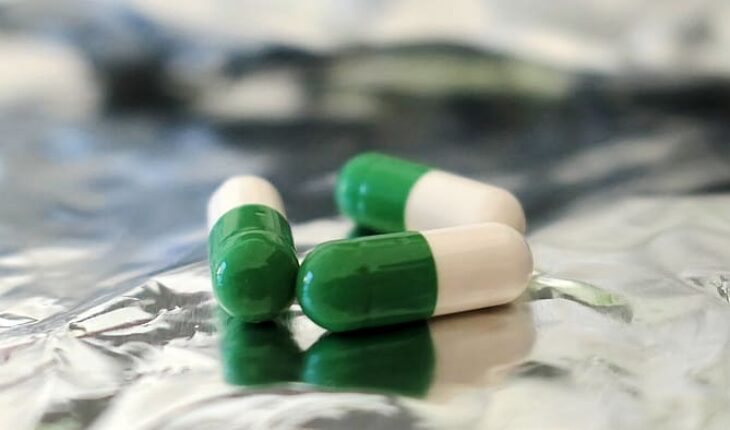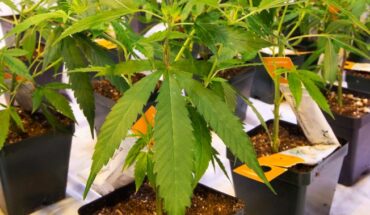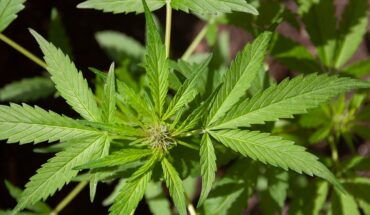Acasti Pharma Inc. (NASDAQ:ACST) provided an update on its TRILOGY Third Phase Clinical Program and released its financial and operating results from March 31, 2020.
The company identified “Triglyceride Normalization” before patients’ randomization and subsequent treatment as possible contributors to the remarkably high placebo effect in TRILOGY 1. Acasti reported this phenomenon they are referring to as “Pre-randomization Triglyceride Normalization,” which occurred when the company was screening and randomizing patients in the study before patients started receiving treatment or placebo.
TRILOGY 2 results expected in Q3
TRILOGY 1 Phase 3 study results of CaPre were reported in January this year with central lab, and clinical site audits completed in Q4. The company filed a request for a meeting with the FDA to discuss the TRILOGY 1 data analysts as well as to get input on possible revision on the pre-specified statistical analysis plan for the TRILOGY 2 phase study of CAPRE. At the end of April, the company submitted to the FDA a briefing package with data from TRILOGY 1. The company expects to report top-line results of TRILOGY 2 in Q3.
The company’s CEO and President Jan D’Alvise indicated that they made significant progress throughout the year, leading to the TRILOGY third phase study in fiscal Q4. Equally, the company has been advancing some vital pre-commercialization activities that include NDA preparation, scaling of manufacturing as well as other partnerships and marketing development initiatives. D’Alvise added that the company now understands the unusually high “Pre-Randomization TG Normalization” effect that resulted in disappointing results in TRILOGY 1.
Acasti lowered losses as Phase 3 neared completion
For the fiscal year ended March 31, 2020, Acasti reported a $24.4 million loss from operations compared to $34.4 million reported the previous year. The decrease in loss was mainly due to the reduction of research expenses because the third phase program was almost complete. The year’s net loss was $25.5 million or 30 cents per share compared to a year ago when it was $39.4 million or 73 cents per share.
Image Source: Kratom IQ




